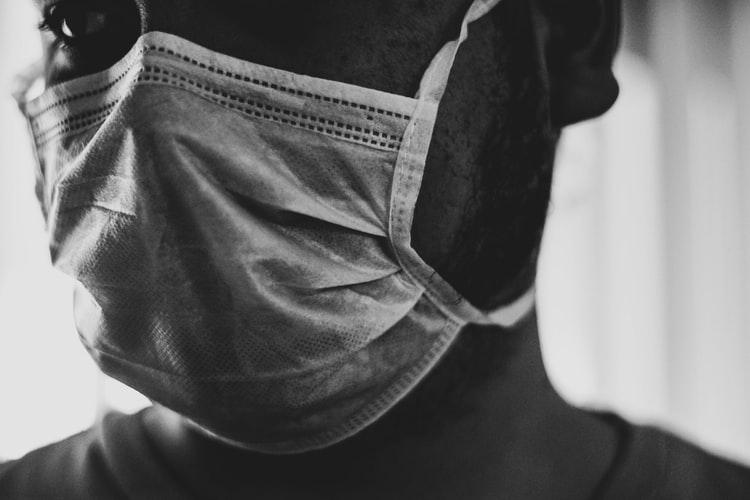If you get the COVID vaccine, can you still catch COVID?
As a general rule, most of us assume that the answer to this question would be ‘no.’
If the vaccine is effective, you shouldn’t be able to get breakthrough infections, right?
Well, as it turns out, even though COVID vaccines are very effective in preventing an infection, they’re not 100% effective.
Unfortunately, some people who get vaccinated also end up catching COVID.
The numbers on how often this happens, however, are difficult to track down—mostly because the CDC doesn’t supply numbers on this particulate statistic.
But current estimates put the rate of breakthrough infections for COVID at well below 1%.
With that being said, what exactly should you do if you end up in this ‘minority’ of people who got the vaccine, but still end up contracting the virus?
Should you quarantine yourself? Can you still spread the virus to others?
In a recent CNN health report, these questions and more were answered by a medical analyst named Dr. Leana Wen. She’s an emergency physician, and Professor of Health Policy and Management at the Georgia University Milken Institute School of Public Health.
Here are some answers, gleaned from the information she provided on the most pressing questions involving COVID breakthrough infections.
What Should You Do If You Get A Breakthrough Infection?
According to Dr. Leana Wen, people who test positive for COVID should still follow strict isolation protocols, even if they’ve been vaccinated.
It’s always best to assume that the person who has the virus is contagious and can infect others, and this is true even if the person tests positive, but is asymptomatic.
As a general rule, isolation should consist of spending 10 days distancing from others.
The isolation can end if you haven’t had a fever for more than 24 hours, as long as other symptoms are also improving at the same time.
When it comes to COVID, isolation is especially important.
You should try to stay home and not go out into public areas where you could infect others.
And if other people live at home with you, you should isolate away from them as well.
For example, you may want to stay in a part of the house that’s separate from them, and they should make an effort to stay in a different part of the house where they won’t be exposed to the virus.
If Someone Gets A Breakthrough Infection, Should Other People In The Household Also Get Tested?
Yes.
Anytime someone tests positive for COVID, all close contacts should get tested as well.
Interestingly, the CDC gives different guidance to people who are vaccinated and people who are unvaccinated when they’ve been exposed to the virus.
If you’re unvaccinated:
…and have been exposed to close contact with COVID, it’s recommended that you quarantine for 10 days, though you can shorten the quarantine to seven days if you have a negative test at least five days after the exposure.
If you’re vaccinated:
…the CDC says that staying in quarantine isn’t required unless you develop symptoms, but you still need to get tested three to five days after exposure and wear a mask in the meantime, for extra protection.
What Are The Symptoms Of A Breakthrough Covid-19 Infection?
One of the best things about the vaccine is that it reduces the odds that you will succumb to severe illness if you do catch COVID.
People who contract COVID after vaccination are much more likely to have mild symptoms than those who failed to get vaccinated.
Whereas before vaccination, a person may have been at risk of suffering from a high fever, severe cough, and breathing difficulties, they may now instead, after vaccination, experience lesser symptoms like body aches, fatigue, and the sniffles.
To a great degree, this is the power of the vaccine.
It really helps to protect you from the more severe symptoms of the COVID virus, even in the unlikely event that you end up catching it post vaccination.











